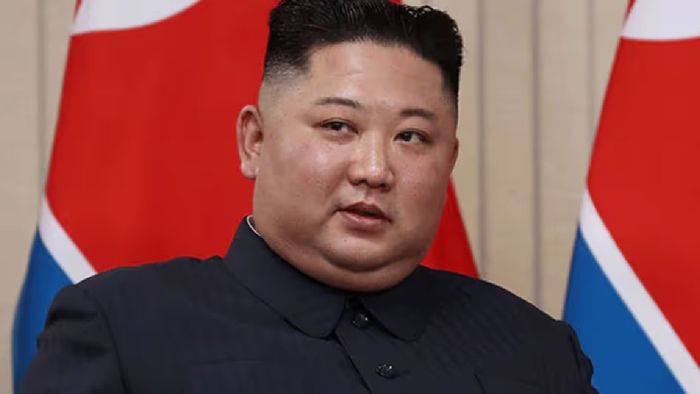Kim Jong-un orders execution of 30 officials over negligence in North Korea floods: Report
North Korean leader Kim Jong-un has reportedly executed 20-30 officials for failing to prevent severe flooding and landslides, leading to around 4,000 deaths. The officials were charged with corruption and dereliction of duty, according to South Korean media.

North Korean leader Kim Jong-un has ordered the execution of 20 to 30 officials for their alleged negligence in preventing the severe flooding and landslides the past summer, which led to the deaths of around 4,000 people, according to South Korean media.
As per TV Chosun, the officials were charged with corruption and dereliction of duty, leading to their execution.
Reportedly, an official under Kim’s regime told the outlet said, “It has been determined that 20 to 30 cadres in the flood-stricken area were executed at the same time late last month.”
It must be mentioned that the reports of these executions have not yet been independently verified. However, earlier, the North Korean Central News Agency had reported that Kim ordered authorities to “strictly punish” officials following the catastrophic flooding in Chagang Province in July, which also displaced more than 15,000 people, The New York Times reported.
While the executed officials were not named, the report mentioned that Kang Bong-hoon, who had served as the Chagang Province Provincial Party Committee Secretary since 2019, was among those dismissed by Kim during an emergency meeting held during the disaster.
Following this meeting, former North Korean diplomat Lee Il-gyu told TV Chosun that officials in the province were “so anxious that they don’t know when their necks will fall off”.
Last month, Kim was seen inspecting the damaged areas and interacting with residents, estimating that it would take months to rebuild the devastated neighborhoods. He also refuted South Korean reports on the death toll, denying that thousands had perished.
This isn’t the first time Kim has reportedly ordered executions over perceived failures. In 2019, there were reports that Kim Hyok Chol, North Korea’s nuclear envoy to the US, was executed for failing to secure a summit between Kim and then-US President Donald Trump. However, it was later revealed that Chol was merely in state custody.
North Korea has a history of public executions, with an average of 10 executions conducted annually before the COVID-19 pandemic, according to the Korea Times. The outlet estimates that the number surged last year, with at least 100 executions reported.